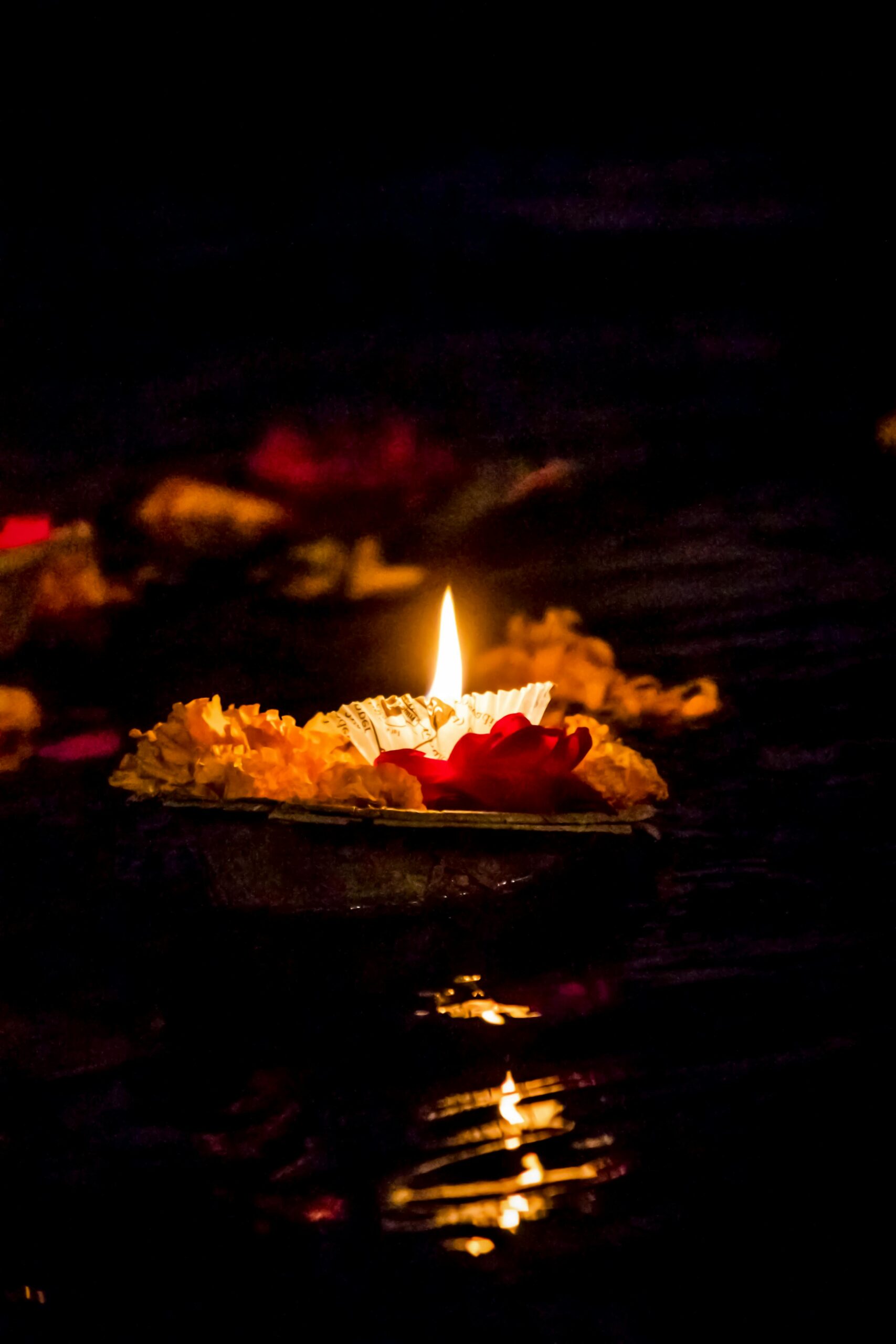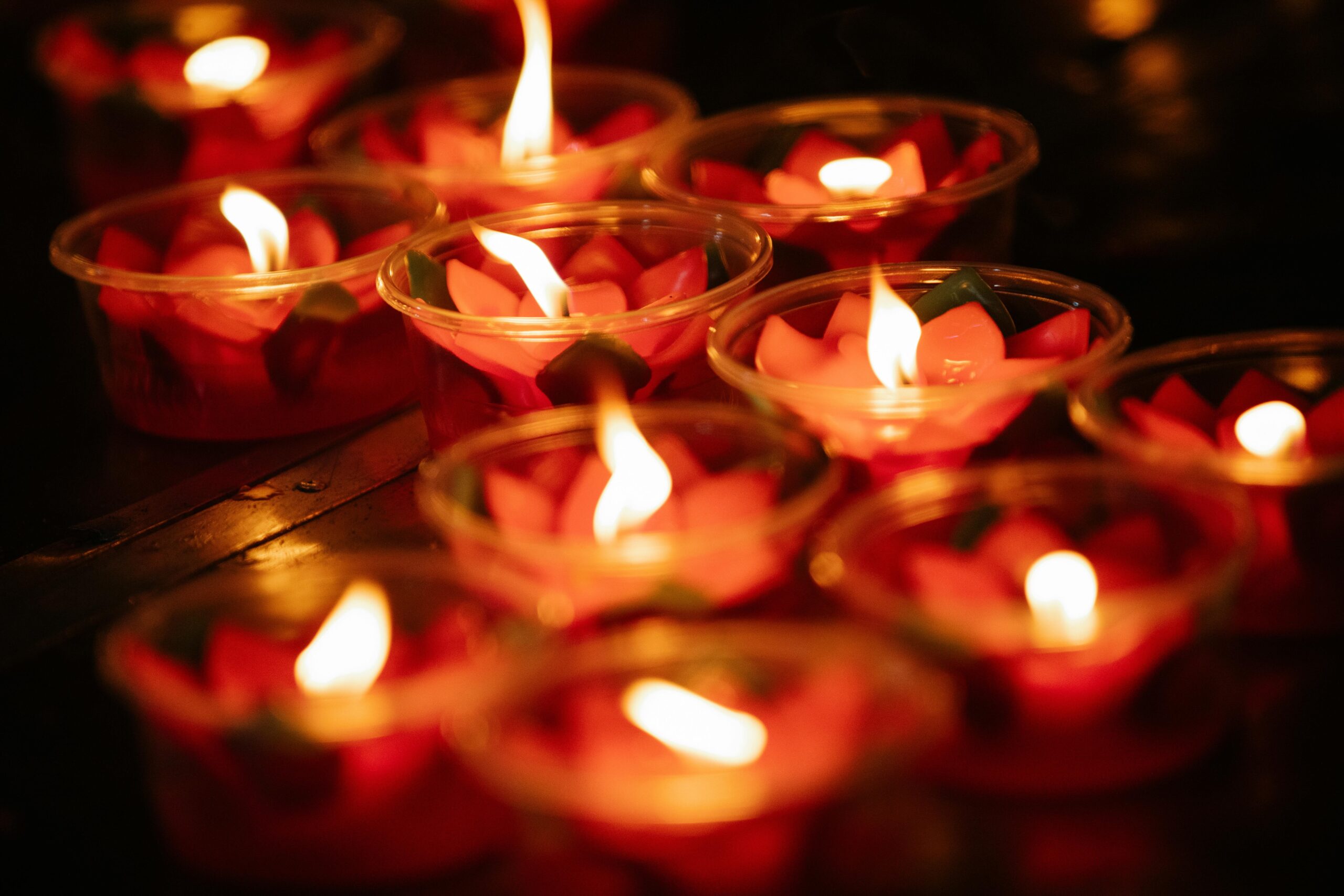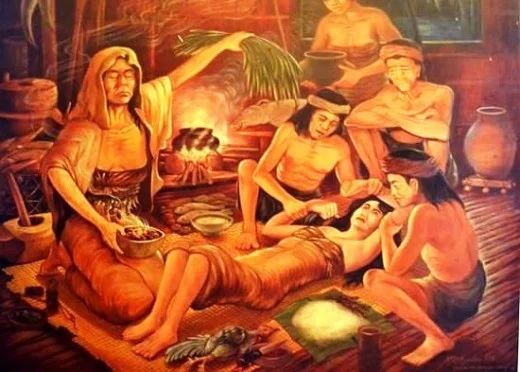Asian Occultism
The Babaylans were revered spiritual leaders in the precolonial Philippines, playing a crucial role in the indigenous communities across the archipelago. Or known as what is considered today as shamans, their significance transcended mere religious functions, encompassing healing, mediation, and cultural preservation.

About the Babaylans
Indigenous Priestesses known as Babaylons or Catalonas (pythonesses)
of the Tagalog people were Spiritual practitioners in the archipelago of the Philippines. Where the Orient still reflects Spanish influence, having once colonized the picturesque oasis. Indoctrinated by each tribe, these women were revered for their various abilities as healers, midwives, clairvoyants, mediums & channelers. Often known to also perform exorcisms & enact conjures specific to a person’s affliction or ailments.
Once known as the mediators of the Gods, people, & nature, the priestesses were well versed healers of the mind, body, & spirit. Experienced in the knowledge of religious rites, medicinal remedies, supernatural phenomena, etc. they predominantly obtain their status through ancestry, apprenticeship as a novitiate, or through a prophetic Spiritual anointing from the Divine, Ancestors, &/or Angels
Interested in learning more about asian occultism?
+ (97) 2800-214-968
Healers and Shamans
One of the most important roles of Babaylans was healing. They possessed extensive knowledge of traditional herbal medicine, massage, and spiritual healing practices.
They were believed to have the ability to communicate with ancestral spirits and Divine remedies for various ailments.
Cultural Custodians
Babaylans were the custodians of indigenous knowledge, traditions, and oral history. They played a vital role in preserving cultural heritage and passing down sacred rituals and practices from generation to generation.
They were also instrumental in maintaining the spiritual and cultural identity of their communities.



Intermediaries between Worlds
Babaylans served as intermediaries between the human and spirit worlds. They communicated with ancestral spirits, nature spirits, and deities on behalf of their communities.
Through rituals and ceremonies, they sought blessings, guidance, and protection from the spiritual realm.
Social and Political Influence
Babaylans wielded considerable social and political influence within their communities. They were often consulted in matters of governance, conflict resolution, and decision-making.
Their wisdom, integrity, and spiritual authority earned them respect and admiration among their peers.
Gender Dynamics
While the term "Babaylan" is often associated with women, there were also male Babaylans known as "Babaylanes." Gender played a significant role in Babaylanic practices, with each gender embodying unique qualities and responsibilities.
Women, in particular, were revered for their connection to the divine feminine and their nurturing, intuitive, and healing abilities.
Suppression and Resistance
With the arrival of Spanish colonizers in the 16th century, the role of the Babaylans came under threat. The Spanish viewed them as pagan practitioners and sought to suppress their influence.
Despite efforts to eradicate indigenous beliefs and practices, Babaylans persisted in secret, often blending their traditions with Catholicism in acts of resistance and survival.

Legacy and Revival

Despite centuries of colonial rule and cultural assimilation, the legacy of the Babaylans endures in Filipino culture. Their wisdom, resilience, and spiritual teachings continue to inspire contemporary movements for cultural revival and indigenous rights.
Efforts are underway to reclaim and preserve Babaylanic traditions, ensuring that their invaluable contributions to Filipino spirituality and cultural heritage are remembered and celebrated for generations to come.
In summation, the Babaylans were revered spiritual leaders and healers who played a vital role in precolonial Philippine society. Their influence extended beyond religious functions, encompassing healing, mediation, cultural preservation, and political influence. Despite centuries of colonial oppression, their legacy endures as a testament to the resilience and spiritual richness of Filipino culture.
contact info
- call + (97) 1234-567-891
- [email protected]
- Plaza XYZ Street, XYZ City. XYZ
quick links
- about us
- services

